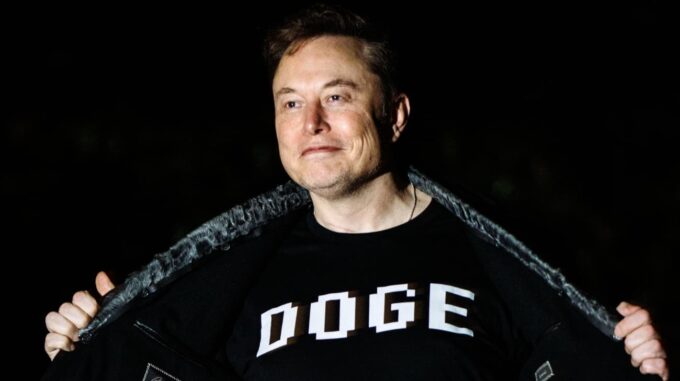Elon Musk resigns: Ambitious government efficiency initiative ends in scandal

In an unexpected turn of events, billionaire Elon Musk announced his resignation from the position of Special Government Official in the U.S. Department of Government Efficiency (DOGE). This occurred just before the end of his term, which was focused on radically reforming budget expenditures and reducing spending by trillions of dollars. However, despite high expectations and ambitious plans, Musk’s initiative proved unsuccessful and was accompanied by a series of high-profile criticisms and scandals. Musk made an official statement on his personal platform X (formerly Twitter), where he expressed gratitude to U.S. President Donald Trump for the opportunity to work on reducing wasteful spending. "As I conclude my mission as the Special Government Official, I want to thank you for the trust and support I received," Musk said. "The goal of DOGE is to implement streamlined reforms that will become part of a new way of life across the government. This is just the beginning, and I am convinced that over time, government efficiency will significantly improve." However, the reality proved to be much more complicated—almost the opposite. Musk’s pilot initiative faced widespread criticism from political circles, lawsuits, and growing distrust regarding its ability to genuinely save substantial budgets. According to analysts, despite the implemented cuts affecting tens of thousands of civil servants and even the closure of some federal agencies, the target of saving trillions remained elusive. "The initial goal, announced by Trump, was to save nearly $2 trillion by July 4, 2026," the White House emphasized. "Later, this goal was reduced to $1 trillion, and then to $150 billion, indicating a significant decline in expectations." Even official sources acknowledge that the changes and reforms that were supposed to be achieved have largely remained unfulfilled, with many indicating that the massive efficiency program turned out to be insufficiently thought out and fraught with legal and political consequences. A White House spokesperson stated that Musk himself initiated his resignation, coordinating the decision with the administration. The resignation was announced immediately after Musk publicly criticized President Trump’s legislative proposal—the so-called “Great Law,” intended to reduce the federal budget deficit through tax and fiscal measures. Musk sharply criticized this legislation, noting that it does not contribute significantly to reducing the country’s debt burden and instead represents a “meaningless step.” On his platform, Musk joked that his role in the White House was that of the “biggest nobody,” and highlighted that his position was more formal than vital within the overall government structure. Meanwhile, the activities of the DOGE department triggered numerous lawsuits and investigations over suspicions of abuse of power and false information regarding the results of the reforms. Musk’s relationship with authorities also became strained due to possible conflicts of interest: his companies Tesla and SpaceX have numerous government contracts, raising suspicions of opacity regarding his actions. The background of these events dates back to May this year, when Musk immediately voiced outright criticism of the tax intentions of the Trump administration. On May 28, he accused the main tax law of increasing the deficit and destroying efforts by the DOGE team to optimize government expenses. It’s worth noting that at that time—namely in May—President Trump announced his controversial tax law, which financial analysts feared could worsen the debt situation further and reduce the efficiency of public structures. Thus, Musk’s ambitious project to improve government efficiency and cut costs ended in scandals and segments of criticism. For many experts, this story became yet another demonstration of the vulnerability even of the wealthiest and most innovative—when the pursuit of revolutionary transformations encounters bureaucratic realities, political games, and legal challenges.

